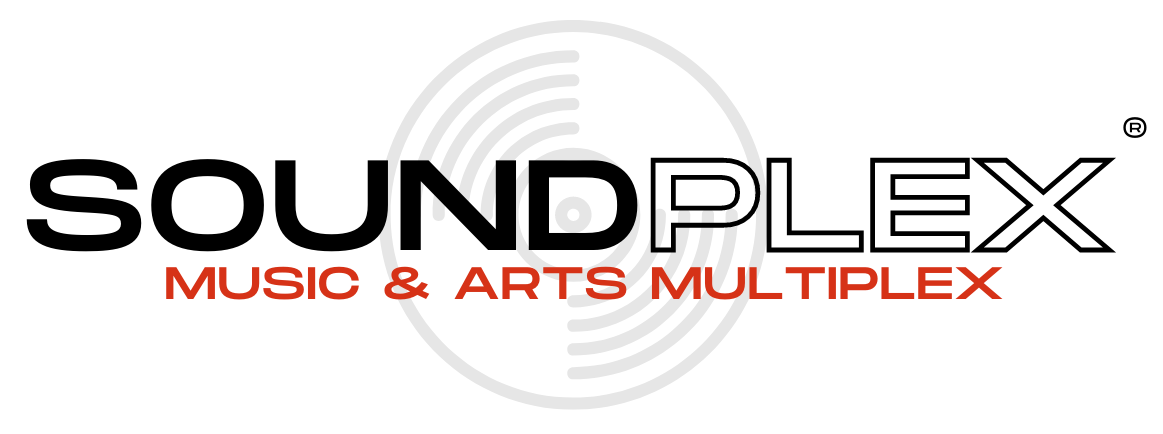Networking Powerhouses: 10 Things to Know About Studios Serving as Networking Hubs
Music studios, beyond their traditional function of facilitating the creation and recording of music, have increasingly become powerful networking hubs. This shift is transforming the opportunities for local musicians and revolutionizing the way they forge connections within the industry. Here are ten things you should know about these dynamic spaces:
Multiple Roles: Studios that function as networking hubs serve multiple roles. They’re not just a place to rehearse and record, but are also environments where musicians can connect, collaborate, and form valuable relationships.
Industry Exposure: These studios frequently host a variety of artists, producers, and industry professionals. This diversity exposes local musicians to different genres, styles, and methods, helping them broaden their musical horizons.
Collaboration Opportunities: Studios open doors for collaborations. Being in the same space with other artists might lead to impromptu jam sessions, which could evolve into collaborations and even joint projects.
Learning Opportunities: Musicians can learn from watching others work, picking up new techniques or approaches to making music. They can gain insights from seasoned professionals, providing invaluable learning experiences.
Potential Partnerships: Through networking, musicians can find partners for various aspects of their music career, from songwriting and production to promotion and distribution. These partnerships can help musicians expand their reach and influence.
Record Deal Prospects: Industry professionals often scout for talent in such studios. This visibility increases the chances of local musicians being spotted and potentially securing record deals or management contracts.
Shared Resources: These studios often promote a communal culture where musicians share resources, be it musical equipment or knowledge about the latest industry trends. This networking environment fosters a sense of community and mutual growth.
Events and Workshops: Many of these “hub” studios host networking events, workshops, and masterclasses featuring industry experts. These events provide opportunities for musicians to learn, network, and showcase their talent.
Career Advancement: A networking hub can significantly speed up a musician's career advancement. The connections made can lead to gig opportunities, industry recognition, or mentorships that could catapult a local musician into the limelight.
Camaraderie and Support: Beyond all the professional benefits, these studios create a sense of camaraderie and support. They become a space where musicians can discuss challenges, celebrate successes, and provide support for each other's journeys.
A studio that doubles as a networking hub, like SoundPlex Studios, holds immense potential for local musicians. It offers much more than a physical space to create and record music. It becomes a nurturing ecosystem, facilitating growth, collaboration, and the exchange of ideas. The connections formed within our walls can shape a musician's career, providing opportunities that extend far beyond the recording booth.
